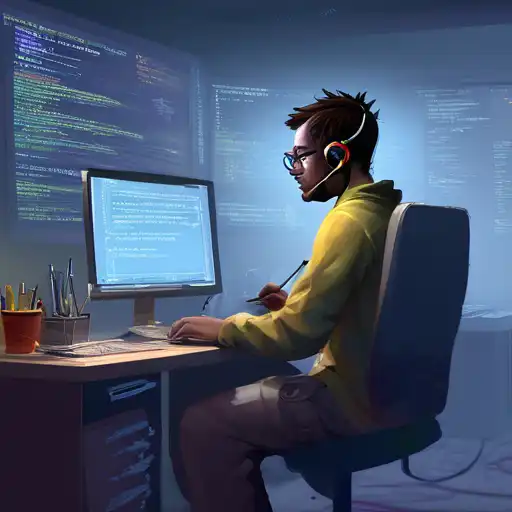Introduction to Debugging for New Programmers
Debugging is an essential skill for every programmer, especially for those just starting out. It involves identifying and resolving errors or bugs in your code that prevent it from running correctly. This article provides practical debugging tips to help new programmers navigate through common coding pitfalls efficiently.
Understand the Error Message
One of the first steps in debugging is to read and understand the error message. Compilers and interpreters provide error messages that can give you clues about what went wrong. Whether it's a syntax error or a logical error, the message often points you directly to the line of code where the problem occurred.
Use a Debugger Tool
Debugger tools are invaluable for stepping through your code line by line. They allow you to inspect the values of variables at different stages of execution and understand how your code is flowing. Familiarize yourself with the debugger in your programming environment to make your debugging process more efficient.
Check Your Code Logic
Sometimes, the issue isn't a syntax error but a flaw in the logic of your code. Take a step back and review your algorithm or approach. Writing pseudocode or drawing a flowchart can help you visualize the logic and identify where things might be going wrong.
Break Down the Problem
When faced with a complex bug, break the problem down into smaller, more manageable parts. Test each part independently to isolate the section of code that's causing the issue. This methodical approach can save you time and frustration.
Search for Solutions Online
You're not alone in your debugging journey. Many programmers have faced similar issues, and solutions are often just a search away. Websites like Stack Overflow can be great resources for finding answers to common programming problems.
Practice Makes Perfect
Debugging is a skill that improves with practice. The more you code and debug, the better you'll become at identifying and fixing errors quickly. Don't get discouraged by bugs; they're an inevitable part of the learning process.
Conclusion
Debugging can be challenging, but with the right strategies and tools, you can overcome any coding obstacle. Remember to read error messages carefully, use debugger tools, check your logic, break down problems, seek help online, and keep practicing. Over time, you'll find that debugging becomes less daunting and more like solving a puzzle.
